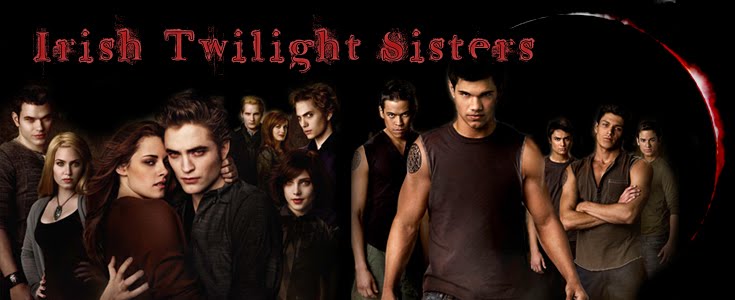Paddy Kehoe from RTÉ reviewed Cosmopolis - which is out in Irish Cinemas tomorrow - and gave it 3/5 Stars;
Beware of novels set inside stretch limousines - things may get a little claustrophobic. Much of Saul Bellow's 1989 novella A Theft, for instance, was set inside a stretch limo, moving around the streets of New York. The work is one of the least memorable of Bellow's fictional creations. Certainly, if you were thinking box office, it would be unwise to make a movie based on it - if you were thinking about doing just that.
David Cronenberg set himself the challenge of adapting Don DeLillo's Cosmopolis, much of which is similarly set inside a stretch limo in New York. The 210-page novel was published to much acclaim in 2003 and DeLillo is a critics' favourite whose works are almost universally welcomed and revered.
But Cosmopolis didn't have much in the way of drama. An earlier DeLillo work, The Names, could, in the right hands, make a great film. Libra, his fictional recreation of the life of Lee Harvey Oswald, likewise. But Cosmopolis as a film? Hmm, a strange, perhaps venally indulgent choice by Cronenberg, who also wrote the screenplay.
Robert Pattinson plays Eric Packer, a 28-year-old asset manager billionaire whose limo is his office (or should that be the other way around?). For the purposes of the movie, anyway - given that we never see where he lives - the vehicle is also his swish mobile home. This sleek, intimate-yet-sterile conveyance has a drinks cabinet and all sorts of monitors that keep the financial whizz kid informed on how things are going in the business world. That is all that has mattered up until today, when the whole thing ends in tears.
Because today is the day Eric will hit career and personal meltdown, having bet his shirt on the Chinese yuan. As the day moves on from breakfast with his soon-to-be-estranged wife (played brilliantly by Sarah Gadon), he is waited on by cronies and assistants. These individuals hop on and off, as though the car were a tram in this city that is a stylised, only mildly recognisable version of New York.
Packer is a bit like a young Howard Hughes, and he has a doctor check him out thoroughly, every day. Then there's Packer's sexual need. We see a woman whose long black hair clings sweatily across her face in a particularly torrid encounter with the young man. Then the couple peel themselves apart and the woman's hair falls back to reveal a gorgeously carnal Juliette Binoche. I thought this scene was particularly arresting. The Guardian's critic took a different view, dismissing it as over-acting - "Juliette Binoche laying an egg", as he rather pithily expressed it. Ah now, a little unfair.
Then there's Eric's spooky bodyguard, relaying constant warnings about assassination attempts, although Packer is not particularly concerned. His life has turned so insipid that losing it is of little consequence.
At one point, the limo drives right into the middle of an anarchists' demonstration and the vehicle gets spray-painted and rocked from side to side. Packer continues to sit unconcerned as he awaits his fate, chatting to another hanger-on. The only moment of feeling seeps through in a visit to his old childhood barber to get the hair cut he has been talking about since early morning. Packer's desensitised, dead-eye stare lingers long after the end credits, and Pattinson is entirely convincing as the doomed financier.
The car, he tells one of his limo visitors, is cork-lined, but cannot shut out all the noise, which he aims to rectify. This must be a very rarefied noise, given that the limo's interior is impervious to all external sound, as it moves majestically in a deathly hush through the eerie city.
All the more silence then to hear the intimate dialogue and the characters' constant ticker-tape of ideas and wild fantasy - a feature that characterises much of DeLillo's fiction. Call Cosmopolis pretentious twaddle if you wish - and some indeed have - but, whatever else it is, the movie seems scrupulously faithful to the novel's aspirations. And if DeLillo is not mass-market with his fussy, hyper-intelligent, mildly nerdy novels, then you can hardly blame Cronenberg for that.

